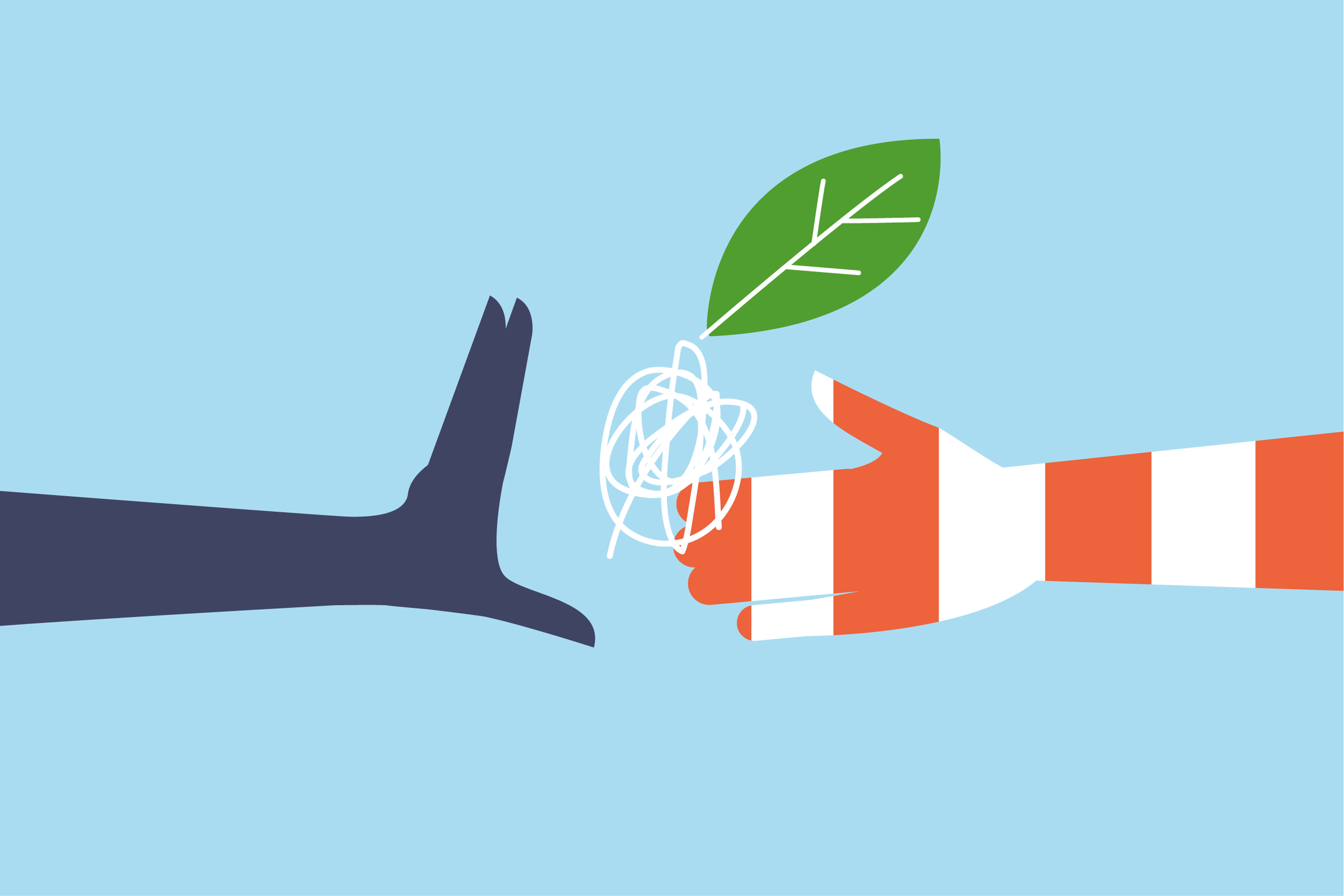Literacy and Numeracy News
BE INVOLVED, BE CONNECTED

Literacy and Numeracy News
BE INVOLVED, BE CONNECTED


What’s the best way to get to the hairdressers - drive, ride or public transport?
If I want to create a mosaic, how many tiles of each colour will I need to buy?
How many points up does your footy team need to be before you feel safe that they might actually win?
If you’re feeding 7 people for 3 days, how many loaves of bread would it be wise to buy?
How many minutes after a learner driver should we leave, so that we arrive at our location at the same time?
Which part of the sand dunes will allow you to slide down the fastest?
These are just some of the maths questions I found myself asking these past holidays. Most of these questions don’t have perfect neat answers, instead I needed to estimate and use the maths proficiency skills of fluency, reasoning, problem-solving and understanding.
Sometimes, we get so used to using maths in our everyday life that we forget that we’re actually solving maths problems. In fact, I’m sure most mornings are a backwards calculation of, ‘What time do I need to get the kids to school?’ - ‘What time did they go to bed last night?’ + ‘How well did they sleep?’ = ‘What time does each family member need to get up?’ When we stop and reflect we notice how many times we use maths to help us understand and organise our day.
Maths being all around us, in both big and small ways is one of the reasons I love teaching maths and why I’m so excited to be stepping into the Learning Specialist role at South Melbourne Park Primary School. This is my second year at SMPPS, and my 13th year of teaching overall, working at schools in Melbourne, Sweden and Singapore. As a student, I loved maths and always found it a puzzle waiting to be solved. In my years, as a teacher, I’ve learnt how to break skills down into small steps so students can build their own conceptual understanding. This allows them to create a deep understanding, increase their fluency and develop problem solving skills as they transfer their learning to new problems.
Noticing maths in the everyday world is a great way to reinforce the learning that happens during school time. Just as our values state, ‘Learning Doesn’t Just Happen at School,’ pointing out and involving your child in mathematical conversations will boost your child's reasoning as they practise estimating and problem solving in authentic contexts. While numeracy is one important part of maths, maths conversations can be about shape, spatial awareness, time, data, measurement, probability or many other topics.
I look forward to working closely with the South Melbourne Park Primary School community and supporting the staff and students in their learning.
And just in case you’re wondering - the steepest, smoothest part will give you the fastest ride on a sand dune and leave double the time you think you need to when following a learner driver!
Melanie Davis
Grade 2 Teacher | Learning Specialist